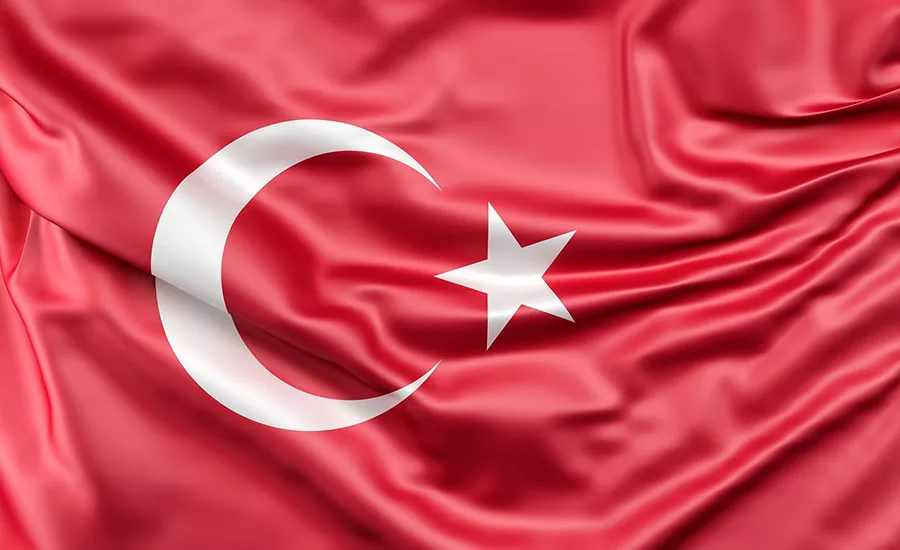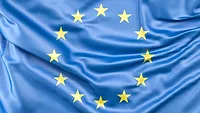EU Commission Investigates Food Safety Issues in Prospective EU Nations

Turkey and the Western Balkans are candidates to become members of the European Union. Recently, the European Commission (EC) released reports about food safety practices in both countries.
Turkey has had problems with pesticide residue in its agricultural products during the past few years. The country is a major exporter of food products to the EU, but unfortunately has not made much progress with its food safety policies. Turkey has experienced some success, however, with implementing a Salmonella control program.
According to the EC report, the country will need to make further progress to meet EU standards—in particular, for pesticide residues in food. Turkey has made little progress toward developing a national plan for upgrading agri-food establishments, although the capacity for official controls has been improved. The EU Commission said that Turkey still needs to show significant progress in applying the new rules for registering and approving food establishments.
Levels of pesticide residues in fruits and vegetables imported from Turkey into the EU are still too high, especially with regard to the new standards on chlorpyrifos and chlorpyrifos-methyl that became applicable in 2020.
Bulent Sik, a food engineer and safety advocate and the author of the EC report, said that the evidence that these chemicals are still present in Turkish exports warrants further questioning as to why they continue to be used throughout the country.
“Why is chlorpyrifos, which has been banned in EU countries for years because it harms the nervous system and cognitive development of children, [still] used in Turkey?” he wrote.
“Although it is stated that studies are carried out in the process of permitting the use of a pesticide for determining whether it is harmful to human and environmental health and various living species, both the extent of these studies and their ability to determine possible risks are very limited. Therefore, there are many pesticides that were offered to the market with the claim that they were safe, they had been used for decades and they were banned when it was understood that they were extremely harmful.”
Looking for quick answers on food safety topics?
Try Ask FSM, our new smart AI search tool.
Ask FSM →
“The use of a pesticide can be prohibited if it is determined that it is carcinogenic (causing cancer), mutagenic (causing mutation in genes) or genotoxic (having a toxic effect on genes), or it is understood that it damages the hormonal system, that it does not use its poisonous effect in nature for a long period, or that it is harmful to birds or aerial insects and such reasons," he finished.
The report found that 25 percent of all products coming from Turkey were not suitable for consumption, and 20 percent were contaminated by pesticides that are banned in the EU.
The EC is recommending that Turkey further upgrade its food establishments to meet EU standards, and also submit a monitoring plan to work toward meeting the pesticide residue maximum limits for the EU.








